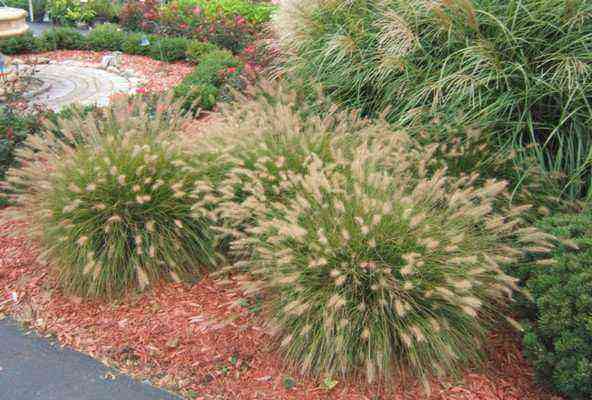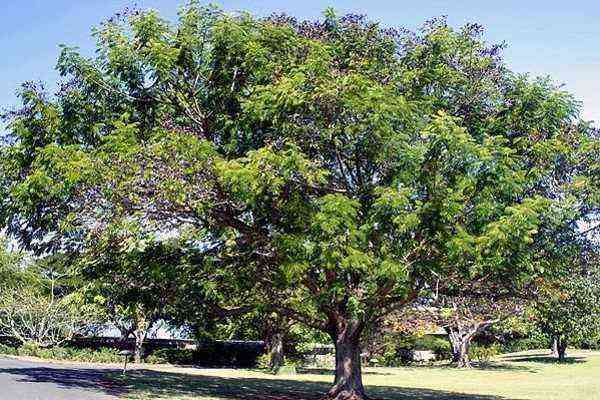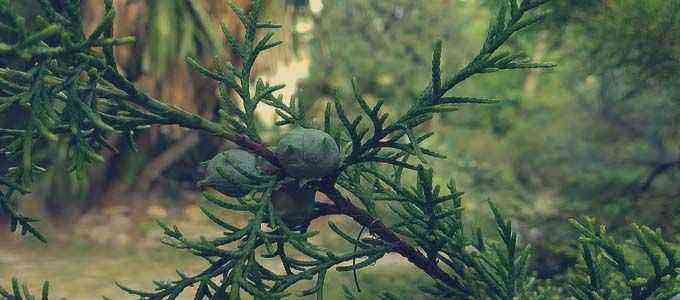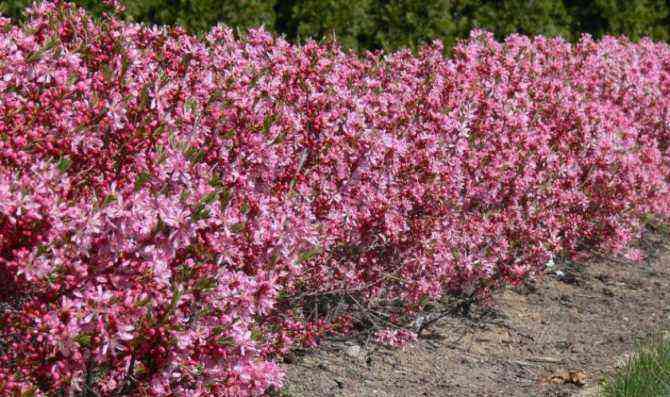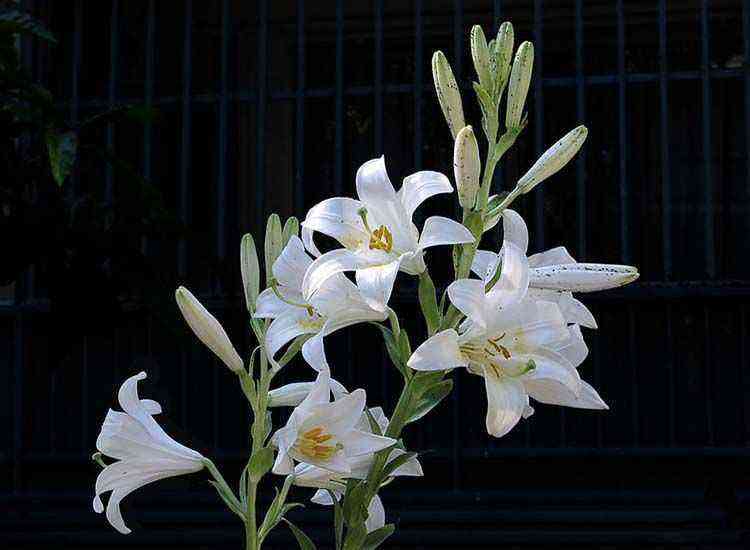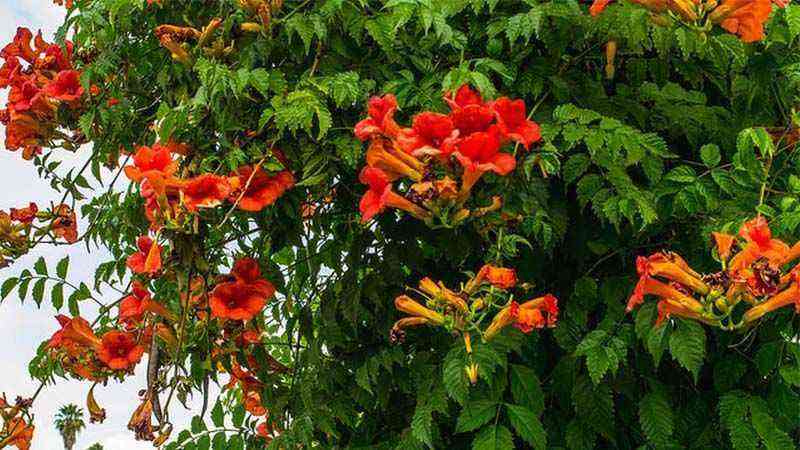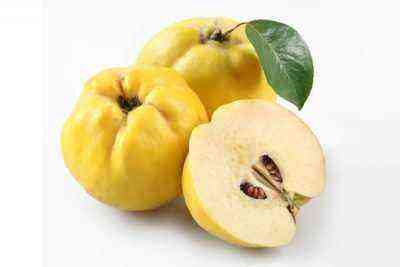Many times we think that arid and hot climates do not have showy plants and flowers. The more you delve into what is known as xero-gardening, you realize the infinity of species and plants that can provide great leafiness and / or showy and impressive blooms. Callistesmon hard, is one of these wonders.
Origin and adaptation of the plant callistemon hard
It’s a evergreen shrub, sharp dark green from Australia. Its normal size is usually approximately 3 m in height and 1,5 in width, and can reach 5 m in its natural habitat.
There are numerous species within the genus Callistemon with the common characteristic of its inflorescences that have given it its name, both common and botanical.
La flowering . occurs in summer showing the famous and characteristic brush-shaped spikes of stamens each containing a small amount of yellow pollen at the tip.
Botanical name Callistemon comes from the conjunction of two Greek roots that allude to the beauty of the long stamens so characteristic
- Callisto -> whose meaning is “the most beautiful” and its phonetic transcription is crib.
- Stamen -> whose meaning is “stamen” and its phonetic transcription is stimónas.
In the common name (tube cleaner, brush or bottle cleaner) there is no doubt of the origin since the inflorescence shows colorful and majestic stamens that are reminiscent of the hairs of a bottle cleaning brush. The similarity of the flower to such a brush is strikingly similar. I am almost certain that the inventor of the bottle cleaner had to have a bush of these in the garden to look at !! 😉 If we looked at the photo for only a few tenths of a second, it would be difficult for us to know which is the real flower.
Within this genus from Australia, there are species better known as Callistemon citrinus whose leaves, when crushed, dissipate a characteristic citrus smell, but if we talk about resistance to somewhat harsher conditions, the species we are talking about today (callistemon hard) is one of the most rustic in terms of conditions.
Environmental conditions and care
Weather
It is a shrub that can endure large sun baths and further withstand frost up to -10 ºC and -12 ºC although not very prolonged or abundant. It withstands the typical drought conditions of Mediterranean areas very well and the high summer temperatures are not a problem for this shrub.
What’s more, flowering is more abundant in the summer period.
Land
It just needs good drainage. It adapts well to different soil pHs from slightly acidic to slightly basic (from 6,1 to 7,8). It supports well the limestone soils and even something clayey but not too much. Drainage should be the priority.
Irrigation
In winter it requires a almost zero irrigation. In summer we can help the plant a little with a weekly watering for example, although we already say that it does not suffer excessively with the lack of water.
Multiplication of callistemon hard
The best way to multiply the bottle cleaner is by semi-woody cutting in spring although it can also be done by seeds. These must be germinated in autumn and usually germinate without much difficulty.



